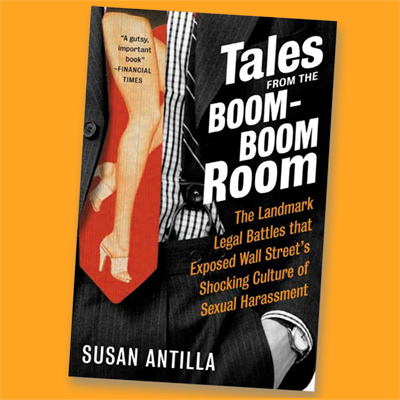In the ongoing gender discrimination case against Sterling Jewelers, owner of Kay Jewelers, Jared the Galleria of Jewelers and 10 other chains, an arbitrator this week released a 118-page opinion that moves the fight to a new stage and reveals new information about pay disparities and sexual harassment.
Kathleen Roberts, a former U.S. magistrate judge and an arbitrator at JAMS in New York, said that the women may proceed as a class with their claim challenging Sterling’s pay and promotion practices. She declined to let them proceed with another claim of intentional discrimination.
Because it’s private arbitration, most of the documents are not public. But the law firm for the women was permitted to post Judge Roberts’ opinion so that the thousands of women in the class would have details about this next stage in their case.
The judge referred to several internal company memos that show that Sterling has been aware of pay disparities between men and women for years. From my story in The New York Times on Feb. 3:
In her ruling, the judge cited an internal company memo from 2006 that said female hourly sales employees made 40 cents less an hour than their male counterparts on average, adding up to more than seven million annual affected hours. A memo the next year said that men at Sterling’s stores, which include Jared the Galleria of Jewelry, were paid 12.5 percent more base pay than women and that women at the management level were getting higher performance scores but receiving lower pay increases than men.
The judge also talked about evidence of sexual harassment. More from my NY Times story:
Women in some cases were expected to undress publicly at company events and “accede to sexual overtures,” the judge wrote. She cited evidence of “references to women in sexual and vulgar ways, groping and grabbing women” and soliciting sexual relations, sometimes as a quid pro quo for job benefits.
You can read my story here. The judge’s opinion is here. And a story that I wrote for The Times about the case last year is here. Sterling has 1,700 stores in all 50 states. Chances are you’ve done business with some of these guys at your local mall.

